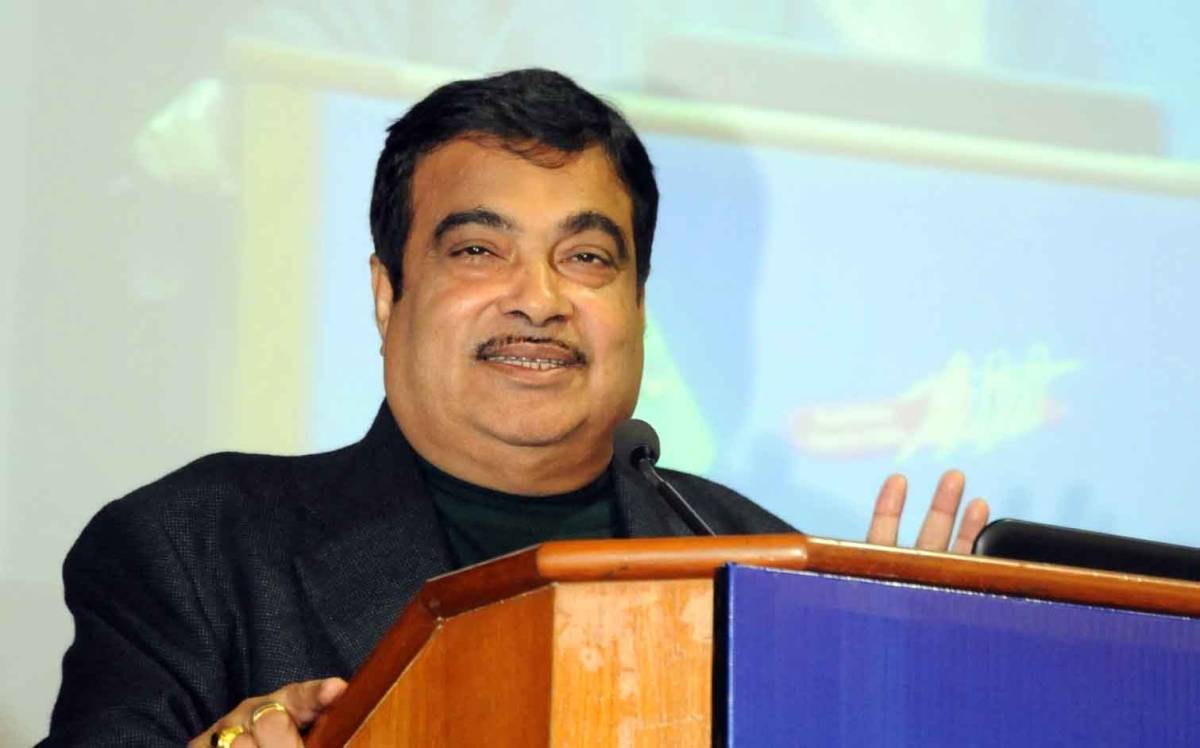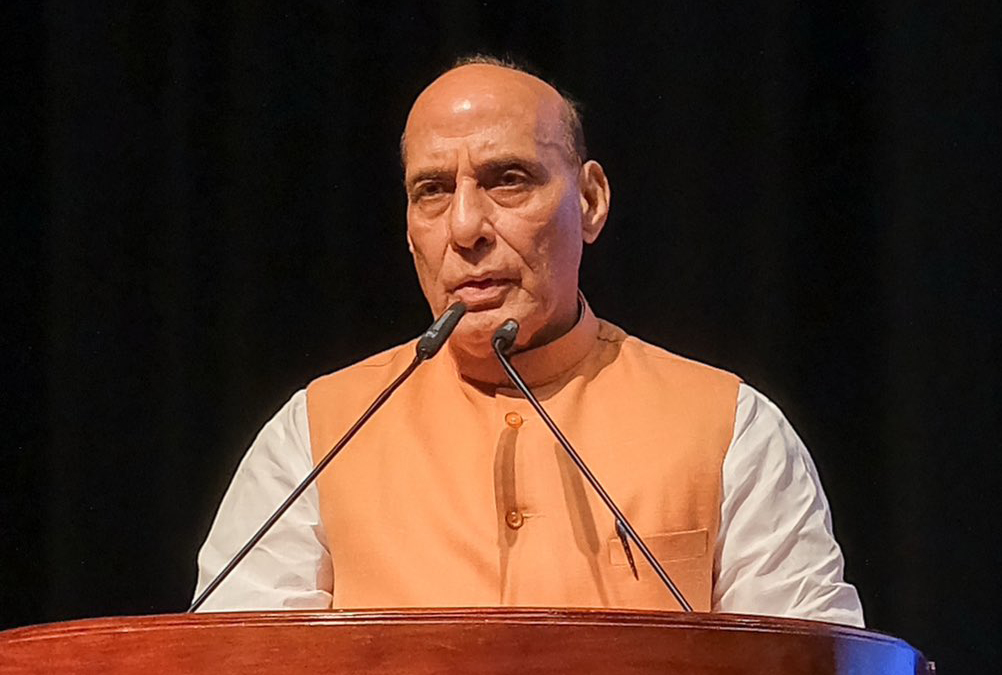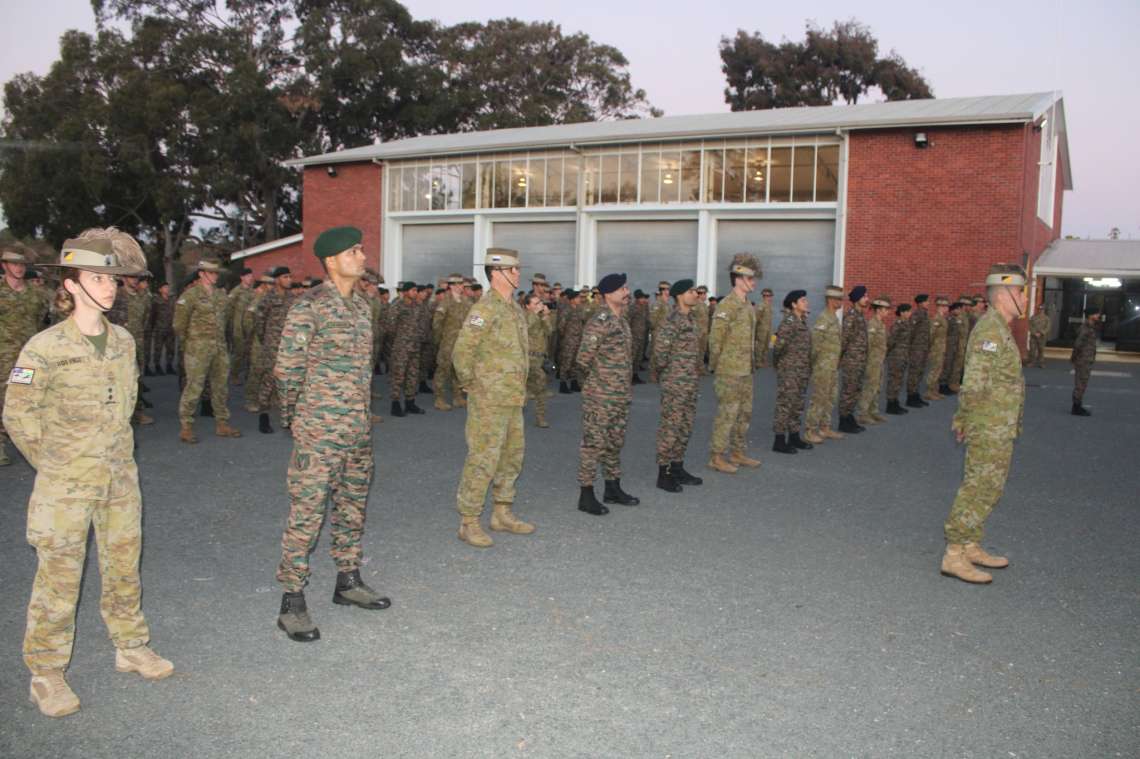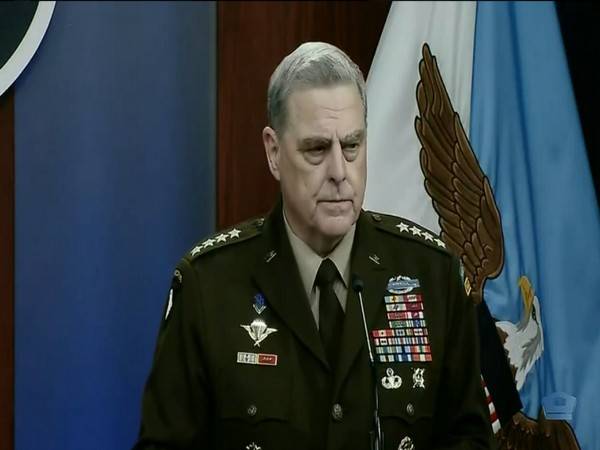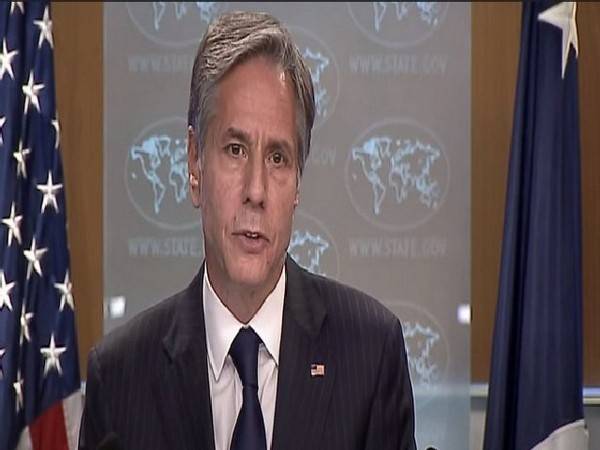Nitin Gadkari also asked the US investors, particularly insurance and pension funds, to invest in India’s road and highway infrastructure. reports Asian Lite News
India’s Minister for Road Transport and Highways Nitin Gadkari has said that the bilateral trade between India and the US has grown from $16 billion to $ 149 billion in the last two decades.
Gadkari said, “The trade is projected to reach $500 billion by 2025.”
Addressing the 17th Indo US Economic Summit ‘Bouncing Back-Resilient Recovery Path Post Covid-19’, he said, “I strongly believe that two countries – India and the US – have an important role to play post-Covid economic recovery. There should be informed discussion at the various levels since the recovery needs new ideas and approaches. Since the global depression that has happened in the 1920s, the current situation is the biggest challenge that mankind has ever faced.”
He added, “We need a new thought process and a creative agenda to view a new pathway to recovery. World largest vaccination drive is running in the country to make pandemic-free India.”
Gadkari added, “I sincerely hope that more and more US investors will invest in road & highway projects in India which is a gold mine for all stakeholders. They have a tremendous opportunity for investment in the road infrastructure.”

He also asked the US investors, particularly insurance and pension funds, to invest in India’s road and highway infrastructure.
He assured better returns for the investors compared to those garnered in the US.
About the government’s efforts to boost production and adoption of alternative transport fuel such as ethanol and emphasis on last mile connectivity through several modes of transport, he noted that there are opportunities for American companies to invest in research and development of mobility technology in the country.
Gadkari was of the view that both India and the US would play a major role in the post-Covid global economic recovery.
Lalit Bhasin, the Summit Chair, noted that the pandemic presented innumerable challenges in economic fronts, but such challenges are also opportunities that can motivate for scaling up in the bilateral economic value chain.
“Pandemic has taught us to reform the business models, to go further up in the digital space, become more inclusive and at the same time global in our outlook,” he said
Rohit Kochhar, Regional Vice President, IACC described the current period as a “watershed moment” for the Indo-US relations.
“I say this because our partnership is not just centered around business and economics, but also assumes great significance in view of recent geo-political developments. Increasingly, there are a host of areas where our concerns and interests are both intertwined and complementary,” he said.


